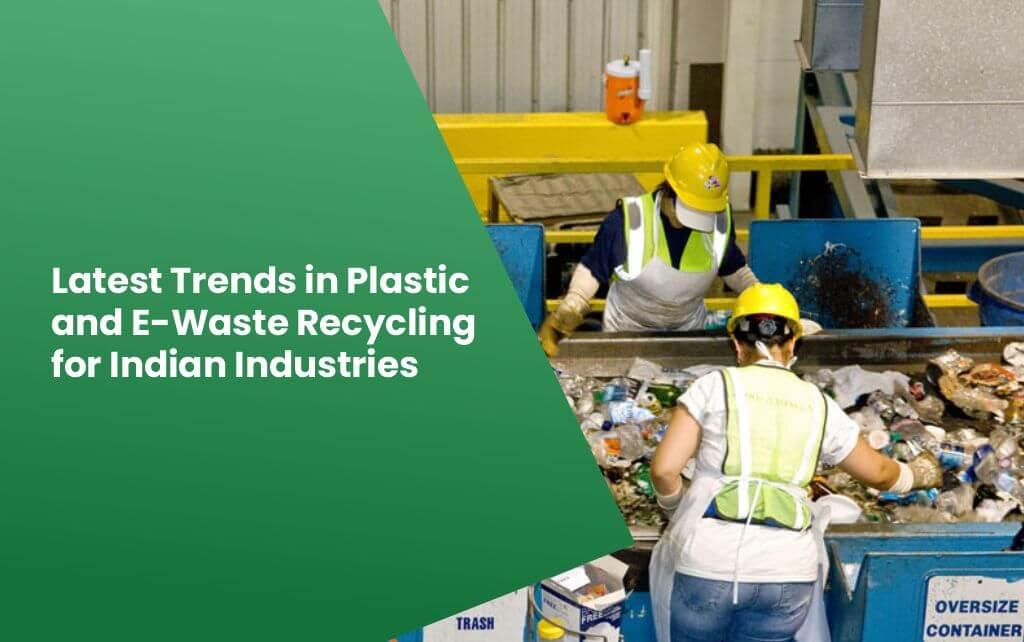Notifications

3 minutes, 45 seconds
-4 Views 0 Comments 0 Likes 0 Reviews

India’s booming industrial and digital economies have spurred a surge in plastic waste and electronic waste (e-waste). With over 26,000 tonnes of plastic waste and more than 3 million tonnes of e-waste generated annually, the need for efficient, sustainable waste recycling is critical. Fortunately, Indian industries are fast adopting innovative recycling models, driven by policy mandates, green manufacturing goals, and cutting-edge technologies.
The Indian government’s Plastic Waste Management Rules (2016, revised 2022) have set a strong precedent. By mandating Extended Producer Responsibility (EPR) and curbing single-use plastics, industries are shifting from a linear to a circular economy model. This shift is enabling companies to integrate recycled materials into production and packaging.
At Super Recycling Solutions Pvt Ltd, we’re seeing growth in both mechanical recycling—for common polymers like PET and PP—and advanced chemical recycling processes like pyrolysis. These methods help turn complex, contaminated plastics into usable fuels and industrial inputs, reducing dependency on virgin materials and cutting landfill volumes.
AI-powered waste segregation systems are also transforming plastic recycling in India. Using optical sensors and machine learning, our facilities now achieve greater accuracy in identifying and sorting plastics—crucial in improving recycling rates, which currently stand at just 14% source-segregated waste nationwide.
India’s e-waste recycling sector is projected to touch USD 7.5 billion by 2030. With E-Waste Management Rules (2022) enforcing EPR norms on electronics manufacturers, the formal recycling landscape is rapidly expanding. Super Recycling Solutions is at the forefront of this movement, using hydrometallurgical extraction and urban mining techniques to recover valuable metals like gold, silver, and rare earth elements from discarded electronics.
Efforts to build modular, recyclable electronics and extend product lifecycles through refurbishing are also gaining traction. Initiatives that promote take-back schemes and use of recycled electronic components are helping brands align with sustainability goals and meet compliance standards.
India’s 2024 Union Budget further strengthens this movement by allocating funds to set up dedicated plastic and e-waste recycling hubs in 100 major cities. Tax incentives for green recycling, subsidies for infrastructure, and customs relief on critical minerals are attracting private investment into the sector.
Importantly, integrating the informal sector into formal recycling systems through training, fair wages, and safety measures is enhancing both collection and processing efficiency. Waste picker cooperatives now play a vital role in this inclusive ecosystem.
With a targeted plastic recycling rate of 67% by 2035 and rising awareness around responsible consumption, India is well-positioned to lead in sustainable waste management. Companies like Super Recycling Solutions Pvt Ltd are shaping this future—bridging innovation, inclusion, and environmental responsibility.
#CircularEconomyIndia #PlasticRecyclingIndia #EWasteManagement #SuperRecyclingSolutions #GreenManufacturing

